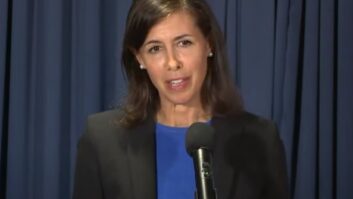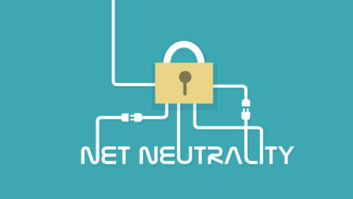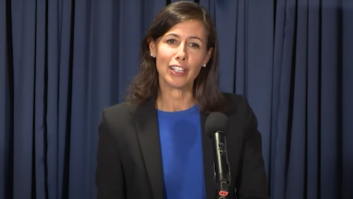WASHINGTON — Net neutrality activist groups were lining up their protest efforts Monday (June 11) as the FCC’s rules against online blocking, throttling and paid prioritization sunset in favor of a deregulatory regime centered on Federal Trade Commission oversight/enforcement.
But they were also playing down any immediate changes, likely an effort to take some of the shine off deregulation fans’ argument that the internet will look no different Monday than it did the day before.
“Users will see no changes to the internet,” read an email from a company promoting the various efforts to protest the rule rollback. “Big cable and ISPs will take their time to block, throttle, and prevent users from freely accessing the internet.”
But activists weren’t taking their time in pushing back hard and seeking Hill help.
The Voices for Internet Freedom coalition, for example, was hosting an “emergency meeting” Monday night to “learn how the Trump FCC’s repeal of Net Neutrality will impact communities of color and why the fight to protect the open internet is a critical racial justice issue.”
Coalition members include 18 Million Rising, the Center for Media Justice, Free Press Action Fund, Color Of Change and the National Hispanic Media Coalition.
And while various groups and websites were adding protest banners and widgets Monday as an online “action day,” Public Knowledge, Common Cause, Center for American Progress, Fight for the Future, Free Press, Consumers Union, Center for Media Justice and others were planning a second action day June 26 on the Hill in advance of the July 4 break.
While ISPs and Republicans have been pushing for bipartisan network neutrality legislation, the Hill advocacy day will be targeted toward getting House members to sign on to the Congressional Reform Act resolution to restore the network neutrality rules by nullifying their rollback.
That CRA passed narrowly in the Senate, but according to the groups, there are currently 174 House members supporting it, which is not even all the Dems and far short of the 218 they would need to force a vote in the House.











